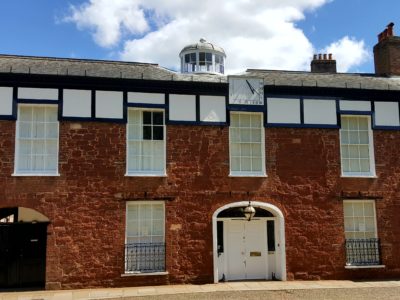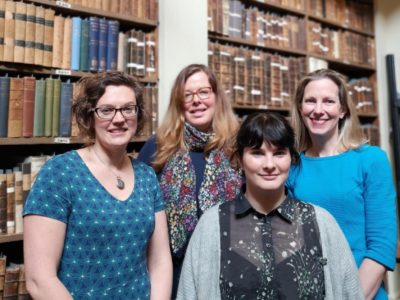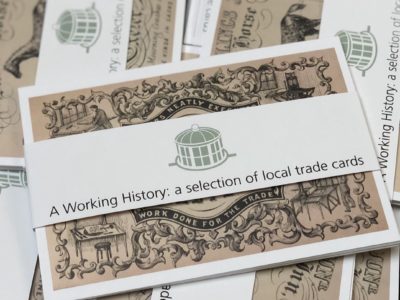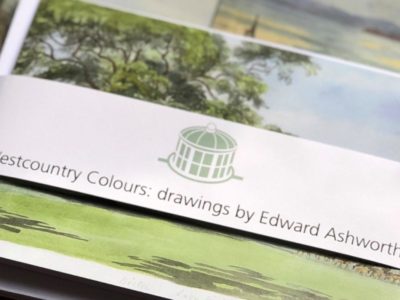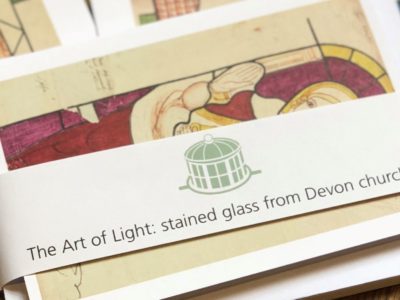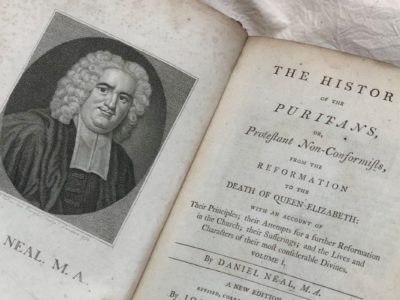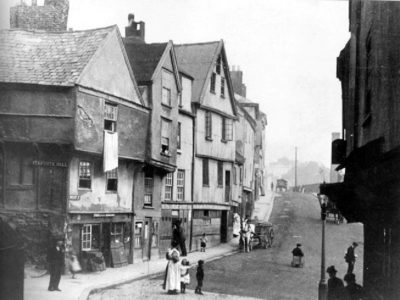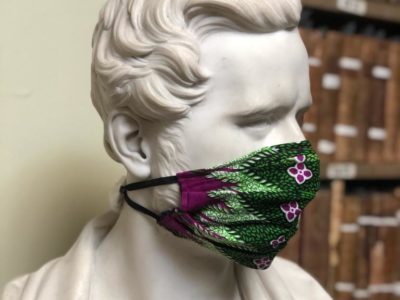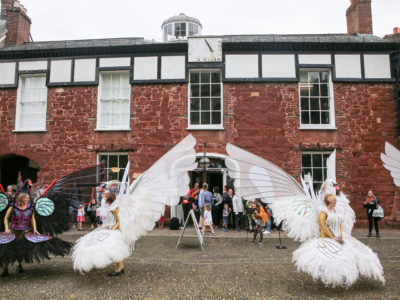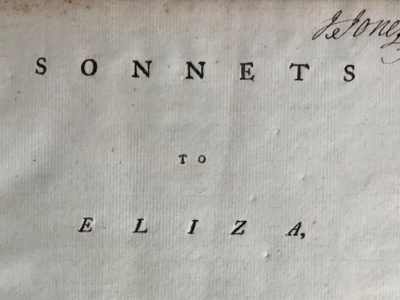News
Temporary Closure
Following the Prime Minister’s announcement we will be temporarily closing the Institution on Thursday 5 November for one month. We are planning to open again on Thursday 3 December.
Directors report to AGM 2020
2019-2020 has been an extraordinary year. Like many heritage organisations, we had to close our doors in March and adapt quickly to a locked-down world. At the same time, we also received notification of our successful application to the National Lottery Heritage Fund for our exciting new project, The Next Chapter. Needless to say, there have been ups and downs but we have faced challenges in the spirit of the 19th century scientists who founded the Institution in 1813, adapting and innovating our programme and services so that we have continued to flourish and connect with our members and supporters.
A Working History: a selection of local trade cards
Trade cards were printed on fine-quality paper and distributed with deliveries or given to customers at trade counters. Our set of eight postcards includes a bookseller, engraver, chemist, upholsterer, draper, […]
Westcountry Colours: drawings by Edward Ashworth
Our set of six notecards features delightful watercolour, pencil and ink drawings by Edward Ashworth (1814-1896), one of the leading ecclesiastical architects of his day. The Institution holds seven sketchbooks […]
The Art of Light: stained glass from Devon churches
Just in time for Christmas, these six cards feature stained-glass designs from our Exeter Diocesan Architectural Society collection. The Society was established in 1841 to report on the fabric of […]
Mayflower: marking 400 years
Daniel Neal (1678-1743), a historian and nonconformist minister, published the first volume of The History of the Puritans in 1732; the final fourth volume appeared in 1738. Neal’s story starts with the Protestant Reformation and concludes with the Act of Toleration in the reign of William and Mary. The second volume includes an account of the voyage of Mayflower to the new ‘Promised Land’.
Heritage Open Days – A Snapshot in Time
Much of Exeter’s long history has been well documented, however one area that is less well documented is the West Quarter. Whilst the famous Stepcote Hill is featured in many postcards and guidebooks, the area around it, prosperous in medieval times, was designated a slum area in the 1920s and scheduled for redevelopment.
Last September historian Dr Julia Neville, in collaboration with the DEI, invited members to join a research group to study the history of the West Quarter in the 1920s. The group has been working on the project since then, using resources from the DEI library, those at the Devon Heritage Centre and the Central Library, and websites such as .ancestry.co.uk. Of course, the group’s work has been challenged by the Covid-19 crisis, but members have continued utilising on-line resources.
Reopening information for members – September 2020
Our phased reopening plans for the Institution - September 2020
Trustees needed to help us to deliver ‘The Next Chapter’ – Sept 2020
The Devon and Exeter Institution is an Independent Library and Educational Charity in the heart of Exeter, founded in 1813. We welcome new members and visitors of all ages. In March 2020 we were awarded a major grant from the National Lottery Heritage Fund for our development project 'The Next Chapter'.
John Newte (1755-1792) – a Devonian sonneteer
Sonnets to Eliza was published in London by John Murray in 1790. The anonymous work, written ‘by her friend’, is extremely rare. The English Short-Title Catalogue lists only one copy (T207964), held at the National Library of Wales. No contemporary sources offer a clue to its author – but an inscription on the copy at the Devon and Exeter Institution suggests it was written here in Devon.

